1) Use code obfuscation for ex. Proguard. This kind of tools available not only for Java.
But be careful with that - obfuscated code may work slowly or contain additional bugs.
2) Add App Licencing check (this will check app signature with Google Play):
Watch this video with attention:
https://www.youtube.com/watch?v=TnSNCXR9fbY
As I remember he mention technics used at runtime to verify your app not hacked or modified (zip check, etc).
3) Make sure your app/server use secure connection (SSL/TLS) only with MODERN cipher suites. This will mitigate downgrade attacks.
You can use this generator to build config with MODERN cipher suites for your server:
https://mozilla.github.io/server-side-tls/ssl-config-generator/
Also you can use certificate pining on client side - this will mitigate authority attack.
Do not use plain HTTP connection.
4) Use some kind of request signing (like Amazon AWS does)
You can get core idea from their docs.
http://docs.aws.amazon.com/general/latest/gr/sigv4_signing.html
Also this article should be helpful.
5) Prohibit usage of your app on ROOT'ed devices by adding run time check. Because of on rooted phone it's easier to hack or analyze your app.
6) You can decrease fraud by adding some ban system to your online game - if somebody hack your app and send wrong data to your server => add this user to ban list on server side (by IP or by user ID, etc). Probably add users to this list temporary (ex 24 hr, 7 days)
7) + if you are using Json/XML as data formats for network layer try to use binary format like Protocol Buffers. Binary serialization formats more efficient and hard to reverse engineer.
